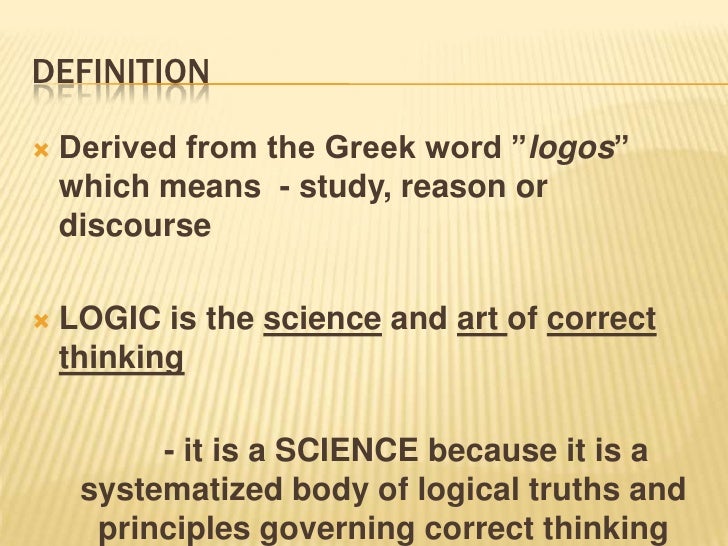

9 There is a presumption that police officers are reliable sources of information, and affidavits in support of a warrant will often include their observations. 8Ī judge may issue a search warrant if the affidavit in support of the warrant offers sufficient credible information to establish probable cause. In the case of a warrant search, however, an affidavit or recorded testimony must support the warrant by indicating on what basis probable cause exists. 7 For a warrantless search, probable cause can be established by in-court testimony after the search. Probable cause exists when there is a fair probability that a search will result in evidence of a crime being discovered.

5 Unlike court clerks, prosecutors are part of a law enforcement team and are not "court employees" for purposes of the good-faith exception to the exclusionary rule. In this case, notwithstanding the lack of probable cause, the exclusionary rule does not apply and the evidence obtained may be admissible. 4 A narrow exception applies when an arresting officer, as a result of a mistake by court employees, mistakenly and in good faith believes that a warrant has been issued. 3Ī lack of probable cause will render a warrantless arrest invalid, and any evidence resulting from that arrest (physical evidence, confessions, etc.) will have to be suppressed. 2 However, probable cause remains a flexible concept, and what constitutes the “totality of the circumstances” often depends on how the court interprets the reasonableness standard. Whether or not there is probable cause typically depends on the totality of the circumstances, meaning everything that the arresting officers know or reasonably believe at the time the arrest is made. The Fourth Amendment requires that any arrest be based on probable cause, even when the arrest is made pursuant to an arrest warrant.

1 Courts often adopt a broader, more flexible view of probable cause when the alleged offenses are serious. Gates, the Court favored a flexible approach, viewing probable cause as a "practical, non-technical" standard that calls upon the "factual and practical considerations of everyday life on which reasonable and prudent men act". The Supreme Court has attempted to clarify the meaning of the term on several occasions, while recognizing that probable cause is a concept that is imprecise, fluid and very dependent on context. Overview Constitutional BasisĪlthough the Fourth Amendment states that "no warrants shall issue, but upon probable cause", it does not specify what "probable cause" actually means.

Persons arrested without a warrant are required to be brought before a competent authority shortly after the arrest for a prompt judicial determination of probable cause. Under exigent circumstances, probable cause can also justify a warrantless search or seizure. Courts usually find probable cause when there is a reasonable basis for believing that a crime may have been committed (for an arrest) or when evidence of the crime is present in the place to be searched (for a search). Probable cause is a requirement found in the Fourth Amendment that must usually be met before police make an arrest, conduct a search, or receive a warrant.


 0 kommentar(er)
0 kommentar(er)
